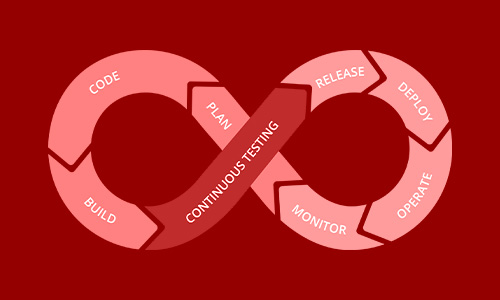Comprehensive Vulnerability Assessment
Penetration Testing begins with a thorough examination of the organization's digital infrastructure, identifying potential vulnerabilities in networks, applications, and systems. This involves a combination of automated tools and manual testing methodologies.
Ethical Hacking
Skilled ethical hackers conduct controlled and authorized simulated attacks, mirroring the tactics, techniques, and procedures employed by real adversaries. This ethical hacking approach helps organizations understand how their systems would withstand actual threats.
Web Application Testing
Penetration Testing delves into the security of web applications, assessing vulnerabilities such as SQL injection, cross-site scripting (XSS), and other web-based exploits. This is crucial, especially for organizations with a significant online presence.
Network Security Assessment
The service evaluates the security of network infrastructure, including firewalls, routers, and switches. By identifying weaknesses in network configurations, penetration testing helps organizations enhance their overall network security.
Social Engineering Tests
Penetration Testing may include social engineering tests to evaluate the effectiveness of security awareness training and to identify potential weaknesses in human factors, such as phishing attacks and pretexting.
Wireless Network Testing
Assessing the security of wireless networks is a vital aspect of penetration testing. This includes identifying vulnerabilities in Wi-Fi networks and ensuring that proper encryption and security protocols are in place.
Customized Scenarios
Penetration Testing services tailor scenarios based on the organization's specific industry, technology stack, and threat landscape. This ensures that testing is relevant and aligns with the organization's unique risk profile.
Regulatory Compliance Assessment
Penetration Testing helps organizations meet regulatory compliance requirements by assessing whether security measures align with industry standards and regulations, providing assurance to stakeholders and regulators.
Detailed Reporting
Following the testing process, a comprehensive and detailed report is provided, outlining identified vulnerabilities, the level of risk they pose, and recommendations for remediation. This report serves as a roadmap for strengthening the organization's security posture.
Post-Testing Support
Post-testing support, assisting organizations in implementing recommended security measures and addressing any questions or concerns that may arise after the testing process.
Continuous Testing Cycles
Security is an evolving landscape, and a quality Penetration Testing service recognizes this by offering ongoing testing cycles. Regular assessments ensure that the organization remains resilient to emerging threats and maintains a proactive security posture.
In summary, a Penetration Testing service is a critical component of any comprehensive cybersecurity strategy. By leveraging ethical hacking methodologies and a variety of testing techniques, organizations can identify and address vulnerabilities, strengthen their defenses, and ultimately fortify their digital infrastructure against the ever-evolving threat landscape.











